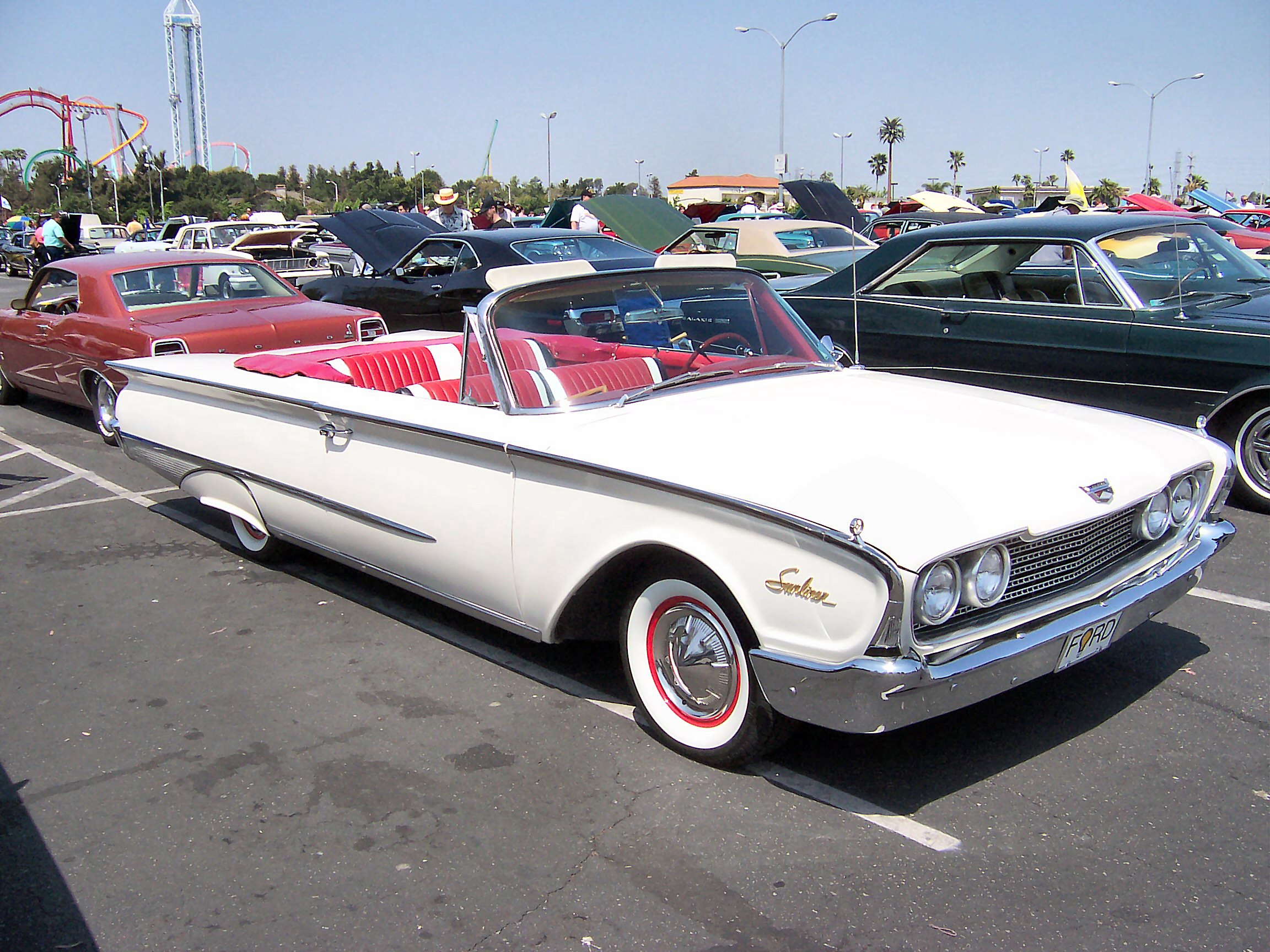
There’s a unique charm surrounding classic cars from the 60s and 70s, vehicles that defined an era and captured the hearts of an entire generation. Boomers have cherished these machines for decades, reveling in their muscle and might, yet many of these iconic rides have sadly fallen off the radar for millennials. Join us as we embark on a nostalgic journey down memory lane to rediscover the allure of these forgotten boomer cars that deserve a second glance.

1. **Plymouth Road Runner**: The Road Runner was an instant hit in 1968, primarily because it was a budget-friendly muscle car. Boomers couldn’t resist its sheer power and unique branding featuring the Looney Tunes character. While boomers still rave about its performance, millennials lean towards cars offering better fuel efficiency, leaving the Road Runner in the dust.

2. **AMC Pacer**: Known as ‘the first wide small car,’ the AMC Pacer was a standout due to its distinct design and spacious interior. Boomers adored its uniqueness, whereas millennials struggle to appreciate its groundbreaking nature, opting for rides that align better with contemporary aesthetics.

3. **Ford Galaxie**: With its stunning design and powerful V8 engine, the Ford Galaxie epitomized luxury and performance in the 60s, captivating many with its presence on the road. Despite its iconic status, the sleek Galaxie often gets overlooked by millennials, who prioritize high-tech features and advanced engineering over the nostalgic allure of such classic vehicles.

4. **Oldsmobile Toronado**: Introduced in 1966, the Oldsmobile Toronado was revolutionary as America’s first front-wheel-drive car since the 1930s. Boomers celebrated its luxury and innovation, while millennials see it as requiring more maintenance than they’re willing to handle.

5. **Mercury Cougar**: Initially envisioned as an upscale Ford Mustang, the Mercury Cougar evolved into a vehicle of elegance and sportiness. Despite its unique charm, millennials are more drawn to modern sports cars that are eco-friendly and technologically advanced.

6. **Chevrolet El Camino**: Celebrated for its versatility, the El Camino offered both pickup utility and coupe style, making it a standout choice among boomers. However, millennials tend to find it less appealing, favoring today’s efficient and multifunctional vehicles that meet their modern needs.

7. **Pontiac Firebird Trans Am**: Immortalized by films and TV, the Pontiac Firebird Trans Am is renowned for its high performance and roaring engine, capturing the imagination of car enthusiasts. Yet, today’s millennials are more focused on environmental impact and fuel efficiency, causing this powerhouse to fade into the background of their automotive preferences.
8. **Cadillac Eldorado**: Once a symbol of success, the Cadillac Eldorado was beloved for its grandeur. Boomers saw it as a match for their big dreams, but millennials are more critical of its inefficiency and lack of eco-consciousness.

9. **Buick Riviera**: The Buick Riviera was a true masterpiece wrapped in style, showcasing the cutting-edge design of its time. Nonetheless, millennials often perceive its lack of modern technology as a significant drawback, overshadowing the storied legacy it holds in automotive history.
10. **Dodge Charger**: While the Dodge Charger has modern iterations, the original was a high-powered style icon of the 60s and 70s. Yet, for millennials focused on fuel efficiency and modern conveniences, it doesn’t quite make the cut.
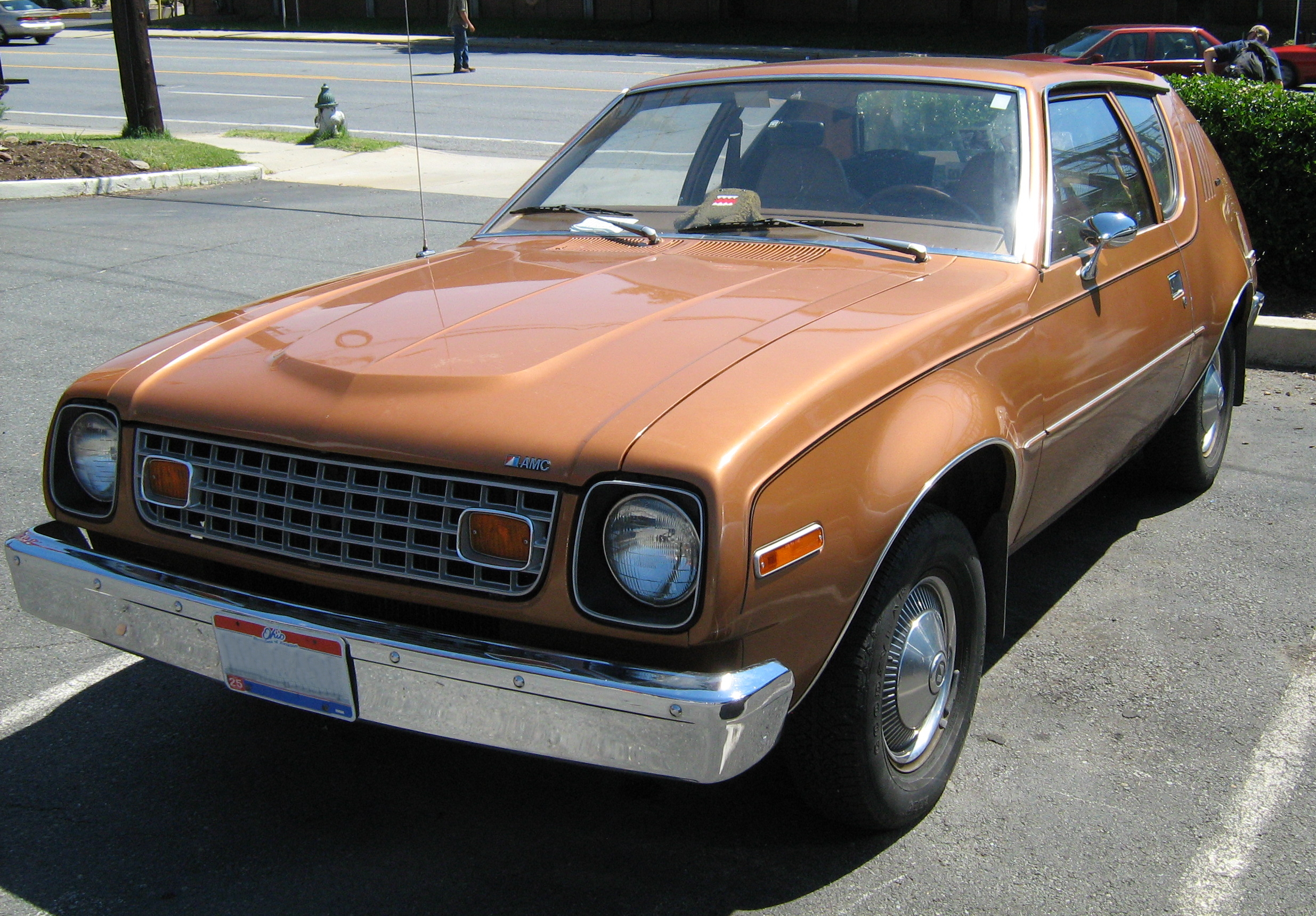
11. **AMC Gremlin**: With its quirky design, the AMC Gremlin offered a fun and affordable choice for boomers looking to stand out. However, millennials typically lean towards more conventional and practical options, resulting in the Gremlin’s comedic charm being overlooked in favor of practicality.
12. **Lincoln Continental Mark III**: A representation of luxury in the late 60s, the Lincoln Continental Mark III was adored by affluent boomers for its opulence and smooth ride. Today, it struggles to find a place among millennials who see it as a relic of a bygone era.

13. **Studebaker Avanti**: As a head-turner, the Studebaker Avanti was a trailblazer in its time. While it once led the pack, its older features are less appealing to millennials who prioritize tech-savvy vehicles.
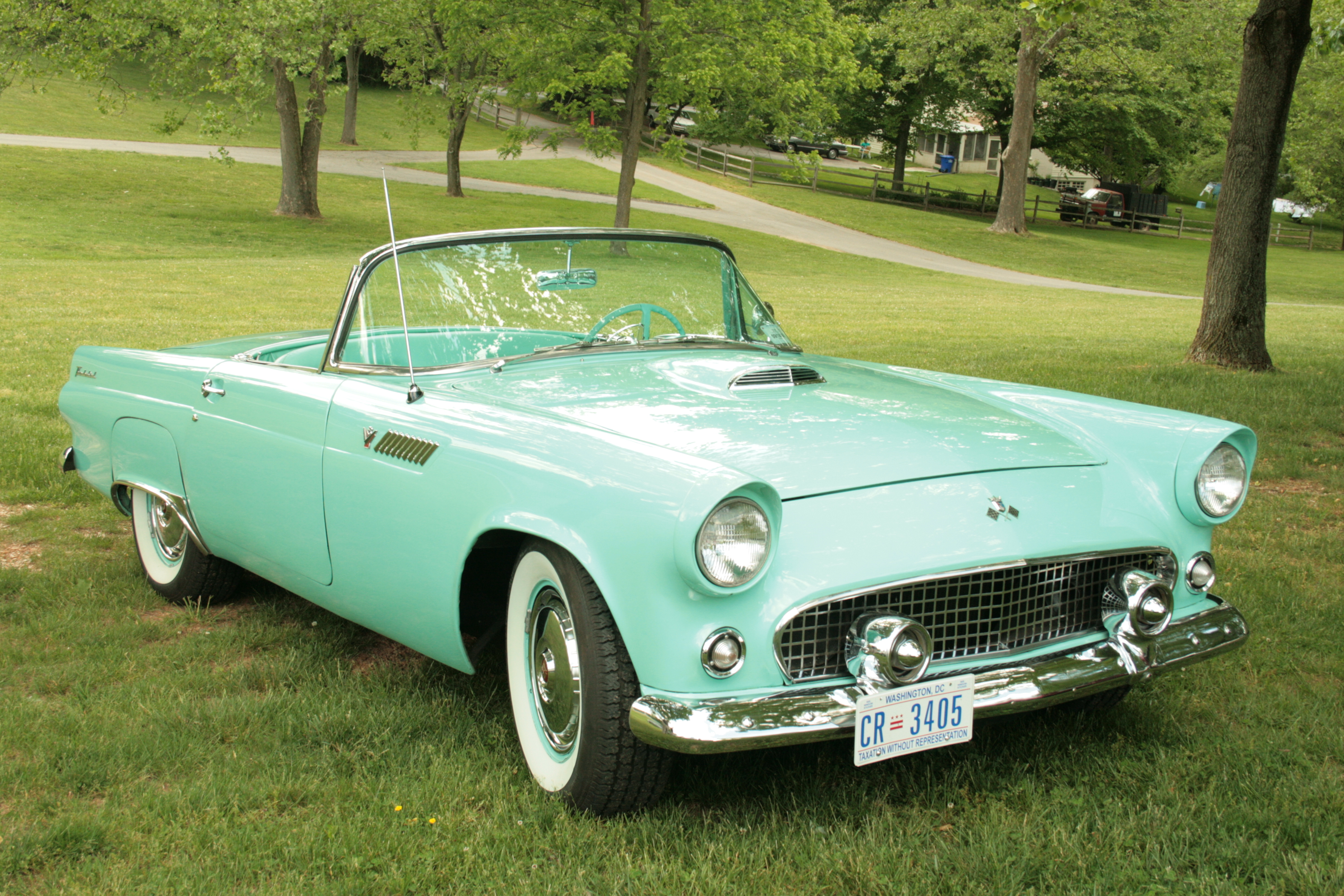
14. **Ford Thunderbird**: Once a symbol of luxury and style, the Ford Thunderbird was a treasured possession among boomers, representing the height of automotive elegance. Despite its undeniable charm, it fails to meet millennials’ expectations for sustainable driving options, leading to its decline in popularity.
15. **Chevrolet Corvair**: With its innovative rear-engine design, the Chevrolet Corvair was a mold-breaker in the 60s. However, safety concerns that emerged later dissuade millennials from embracing this classic ride.
16. **Chrysler Imperial**: Once, the Chrysler Imperial was a testament to American luxury and grandeur. Its sizable frame and opulent features were the epitome of status for boomers. However, millennials see this classic as outmoded and inefficient in today’s environmentally conscious market. Its large size and heavy fuel consumption are often deemed more of a drawback than a benefit in an era prioritizing eco-friendliness and practicality.
.jpg)
17. **Pontiac GTO**: The Pontiac GTO, often credited with kickstarting the muscle car craze, was undeniably a favorite among boomers. With its robust engine and aggressive design, it symbolized raw power and freedom. Yet, today’s younger drivers find its fuel inefficiency hard to justify, opting instead for cars that offer a balanced mix of performance and economy.

18. **Mercury Montego**: During its heyday, the Mercury Montego appealed to families with its combination of dependability and style. It was a staple for many, admired for its solid build and aesthetic appeal. Millennials, however, often overlook this vehicle in favor of cars equipped with the latest technology and advanced safety features, highlighting a shift towards modernity and innovation.
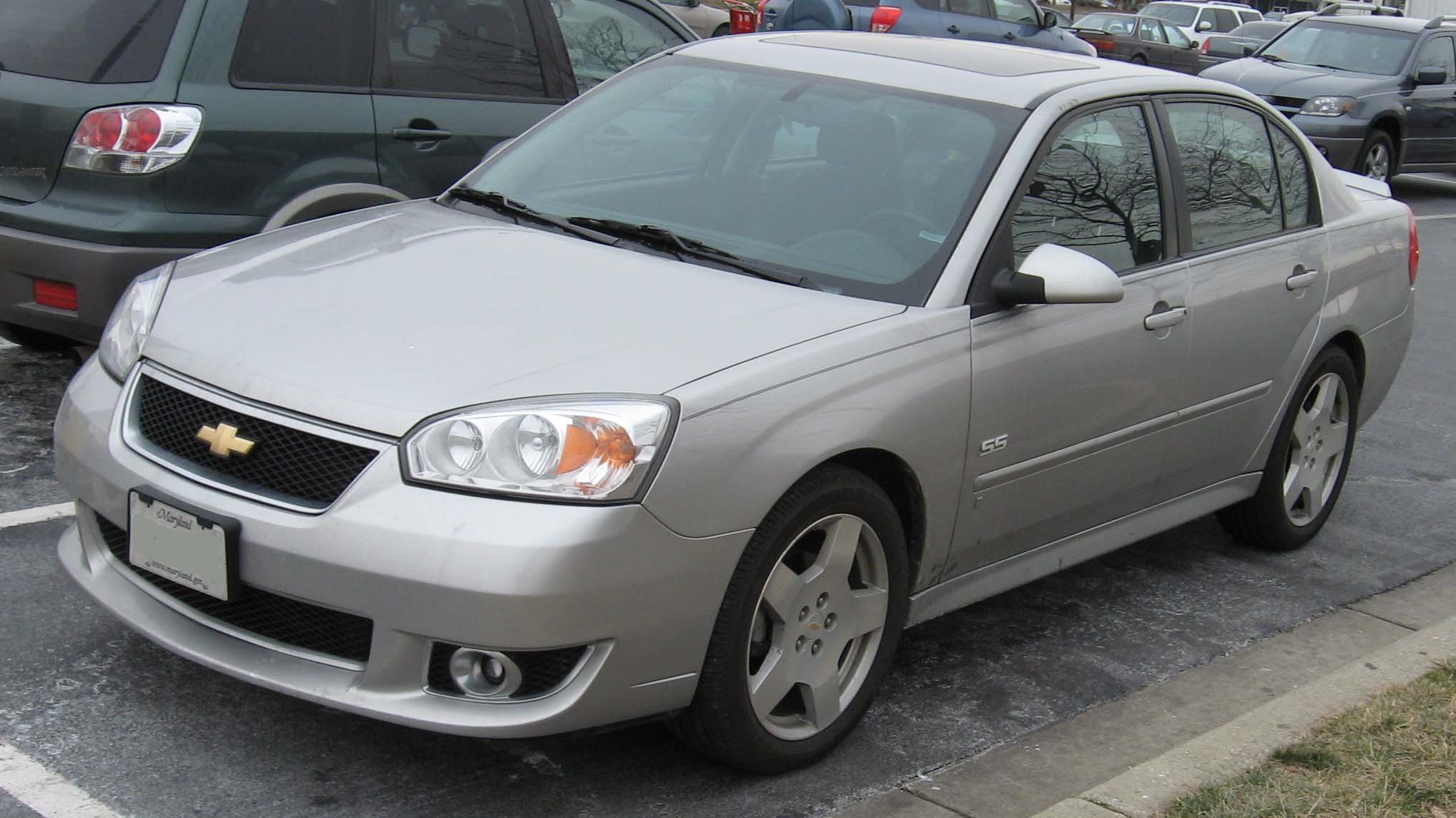
19. **Chevrolet Malibu**: The Chevrolet Malibu was once a common sight on American roads, favored for its reliability and comfort. But as millennials lean towards cars that integrate cutting-edge technology and sustainable driving solutions, the Malibu is increasingly seen as a relic of the past, lacking the sophisticated features desired by contemporary consumers.
20. **Plymouth Fury**: The Plymouth Fury’s bold style and substantial power made it a staple of American roadways in its time. However, its reputation for being a gas guzzler with outdated safety standards means it’s often passed over by millennials, who prefer vehicles that embody efficiency and modern safety advancements.

21. **Datsun 240Z**: With its sleek design and sporty performance, the Datsun 240Z was once the darling of car enthusiasts. Boomers admired it for its affordable yet exhilarating driving experience. Today, however, millennials often gravitate towards cars that offer similar thrills but with better fuel efficiency and advanced technology integrations.
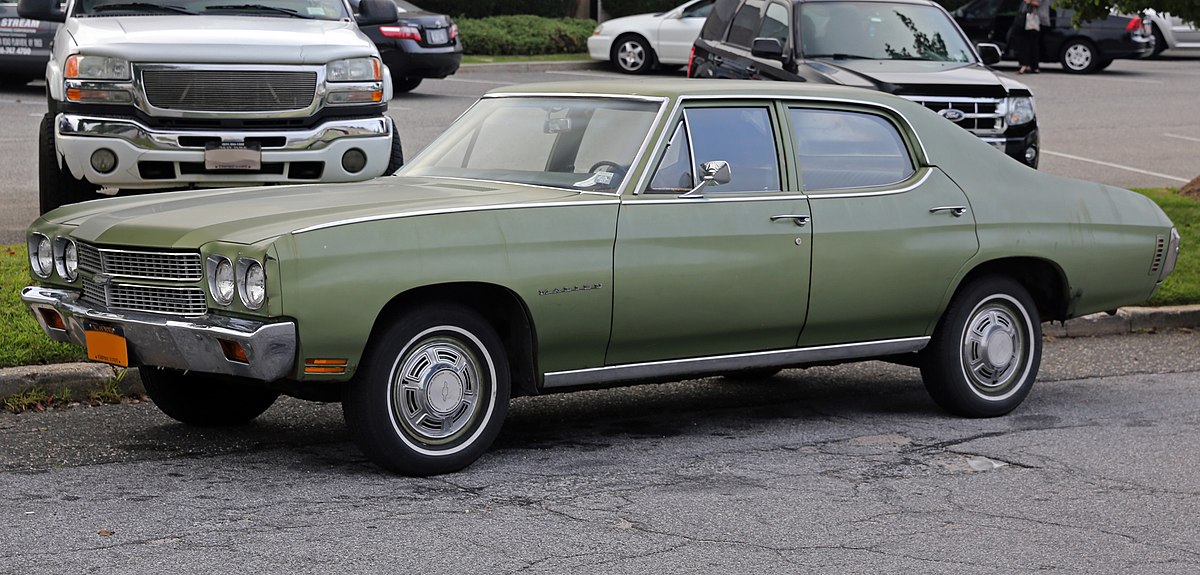
22. **Chevrolet Chevelle**: Renowned for its classic lines and robust performance, the Chevrolet Chevelle has long been a dream ride for many boomers, who admire its nostalgic appeal. In contrast, millennials often gravitate toward compact, fuel-efficient models that fit seamlessly into their modern lifestyles, making the Chevelle seem less practical by comparison.

23. **Mazda RX-7**: Known for its rotary engine and agile handling, the Mazda RX-7 was an icon of driving pleasure. However, the complexity and maintenance demands of its engine are less appealing to millennials, who often prioritize ease of use and reliability in their automotive choices.

24. **Triumph Spitfire**: The Triumph Spitfire embodied fun and flair, captivating those who craved an adventurous driving experience with its spirited performance. However, millennials frequently pass it by, opting for vehicles that offer similar excitement with added reliability and modern features, reflecting a significant shift in priorities towards sustainability and tech-forward innovations.

The shift from beloved boomer classics to millennial preferences signifies more than a mere change in automotive tastes; it highlights a broader societal move towards sustainability, technological integration, and efficiency. While the nostalgic charm of these classic cars still captivates enthusiasts, the future holds promises of innovation and eco-conscious driving. This exploration of automotive history illustrates not only changing trends but also the evolving bond between people and their vehicles in today’s world.
Related posts:
Death spiral for cars. By 2030, you probably won’t own one
18 Classic Cars Loved by Boomers but Snubbed by Millennials




